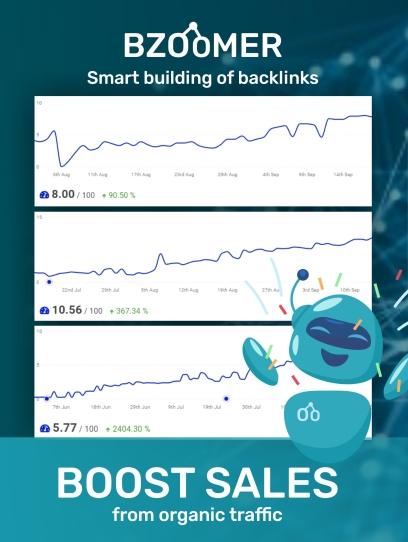In today’s competitive landscape, digital marketing is a crucial driver for business growth and brand visibility. Effective strategies in social media, local SEO, website visitor ID tracking, and real-time reporting dashboards can significantly enhance customer engagement and improve ROI. This guide dives deep into these essential components of digital marketing, offering actionable insights to maximize your online presence.
Social Media Marketing: Engaging Your Audience
Social media marketing remains one of the most powerful tools for customer engagement. By understanding audience behaviors and preferences on platforms like Facebook, Instagram, LinkedIn, and Twitter, businesses can create targeted campaigns that resonate with their audience. Key tips for social media success include:
- Define Your Brand Voice: Maintain a consistent voice to build trust and recognition.
- Create Visual Content: Use eye-catching images and videos to engage users.
- Leverage Analytics: Platforms like Instagram Insights provide valuable data to refine your strategy.
Local SEO: Reaching Your Community
For businesses targeting a specific area, local SEO is essential. It helps connect businesses with local customers who are actively searching for relevant services. Key strategies for improving local SEO include:
- Optimize Google My Business (GMB): Ensure your GMB profile is accurate and complete.
- Use Local Keywords: Integrate keywords that reflect your city, neighborhood, or area in your website’s content.
- Encourage Customer Reviews: Positive reviews enhance your online reputation and improve local rankings.
Website Visitor ID: Understanding Your Audience
Website visitor identification tools offer insights into who’s visiting your site, providing data that can refine your marketing strategies. Tools like HubSpot and Leadfeeder can identify visitors, track their behavior, and help you tailor marketing approaches. Benefits of website visitor ID include:
- Increased Lead Generation: Identify anonymous visitors and turn them into leads.
- Personalized Marketing: Use visitor data to create tailored content and offers.
- Enhanced Sales Strategy: Provide your sales team with valuable data to reach potential customers effectively.
Reporting Dashboard: Measuring Success
A reporting dashboard consolidates your digital marketing data in one place, making it easy to track metrics and optimize strategies. Dashboards help marketers analyze the performance of campaigns, track user engagement, and make informed decisions. Essential components of a robust reporting dashboard include:
- Real-Time Data: Monitor live data to adjust strategies on the fly.
- Customizable KPIs: Tailor the dashboard to track the metrics that matter most to your business.
- Integration Capabilities: Integrate tools like Google Analytics, Facebook Ads, and CRM software for a holistic view.
By integrating social media marketing, local SEO, website visitor ID tools, and a reporting dashboard, businesses can build a comprehensive digital marketing strategy that drives results. Continuous monitoring, data-driven insights, and a customer-centric approach are key to staying ahead in the digital age.



